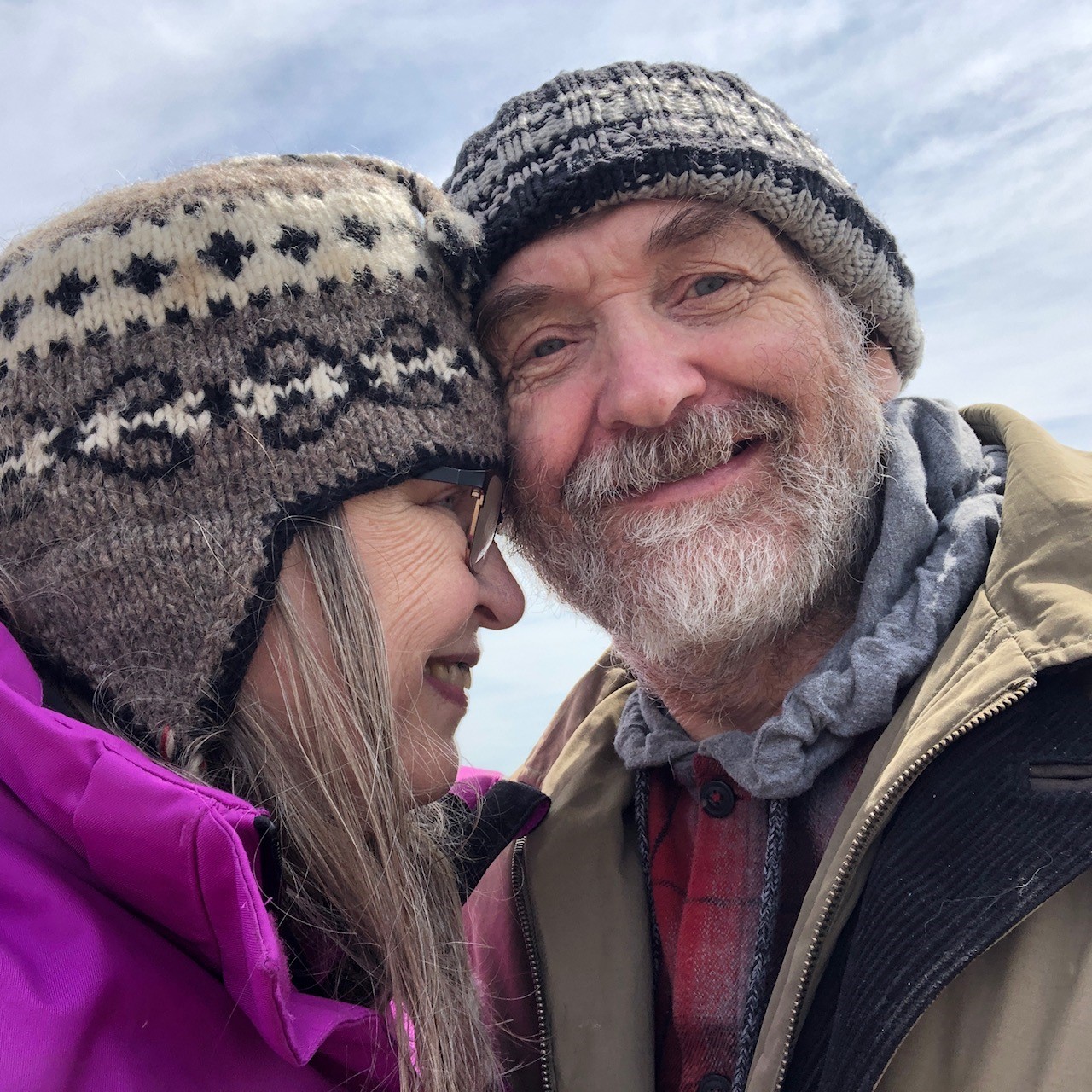Why ‘Mental Health’ is a Misnomer in the CF World – by Tina Clarke

– by Tina Clarke
I want to talk about mental health and living with cystic fibrosis…or rather I should say I want to talk about our body and how “mental health” is a misnomer.
I am currently 43 years old with CF and I received a double lung transplant over 8 years ago. I had suffered throughout my life various bouts of depression, but never severe, and 6 months after transplant I found myself plummeting again. My transplant had been successful and I was doing great, and yet I was still crumbling into depression. My transplant care team told me that I had “been through a lot” and prescribed me an SSRI. The medication helped me but I was still having disturbed sleep, invasive hyperalertness to physical sensations and symptoms, an exaggerated startle response, migraines, chronic neck and shoulder tension, generally over worried, and feeling of being jumpy and over sensitive emotionally and sensorially.
Trauma in CF?
Further psychological help was not available to me so around 12 months and much medical research later I discovered for myself that I was suffering from trauma due to the many distressing experiences from living with CF.
Most of us have heard of trauma, although many CF patients do not recognise themselves in relation to that diagnosis, and importantly, neither do their care team.
Depression, Anxiety & Stress
The recent large TIDES study into the mental health of CF patients and caregivers across Europe and America revealed higher rates of anxiety and depression and ADHD than the ‘normal’ population. However, there is an important element missing in the understanding of “mental health” and how to treat it. It is widely acknowledged that our mind, thoughts and behaviour are involved in mental wellness but not the body and the nervous system. Although we have evolved the ability for rational, analytical thinking and problem solving, we still have our deepest physiological responses for survival.
It’s in our Body, Not Just our Mind
Historically this would have looked like needing to run away from or fight invading tribes or wild animals. Our body prepared us for this via our autonomic nervous system, increasing our heart and breath rate, taking blood away from our digestive system and sending it to our limbs for better use of our skeletal muscles, sharpening our senses, and releasing hormones like adrenaline. It can feel like stress, anger, fear, worry or being on high alert. We still have these physiological responses as our body doesn’t differentiate between running from wild animals and ill health that causes pain and the possible need for medical intervention. We know this response as ‘fight or flight’.
However if our autonomic nervous system senses that we can’t escape or fight the threat, it may create a different response such as freeze or shutdown. This looks like ‘playing dead’ in the animal world or a rabbit frozen in the glare of car headlights, and in humans it can show itself as complying with situations with/without emotion, feeling ‘stuck’ or maybe hopeless and without choice except to accept a situation, feeling numb or disconnected from the people around you, your body, and your environment. In terms of CF and chronic illness, we literally have to thwart and suppress our survival response to run away and we have to live with the full array of uncomfortable symptoms, medical treatments and regimes.
We are in Chronic Survival Mode
Living with CF, which our autonomic nervous system perceives as an ongoing constant threat to our ‘safety’ and survival, means that we can become chronically stuck in ‘survival mode’ which leads to a dysregulated nervous system and causes emotional issues like anxiety and depression. It can also create a chronic form of trauma, for which Dr Donald Edmondson proposed the Enduring Somatic Threat Model, where the source of threat is not in the past but is ongoing due to acute health occurrences. This model also applies to those of us with cystic fibrosis where the health issue is chronic, incurable, and includes repetitive acute exacerbations. Our body and the medical system that helps us become the sources of threat that activate our involuntary stress and fear responses.
Trauma was something we used to associate with victims of war or childhood abuse, but research over the last few decades shows us that trauma is not in the event itself, but our capacity to process and integrate our experiences. The symptoms of trauma are wide and varied, and can show up as things like sleep or digestive issues, headaches or migraines, difficulties concentrating or remembering, feeling numb or disconnected, fatigue, hyperalertness, an exaggerated startle response, or anxiety and depression.
We can see that “mental health” is more than the mind and emotions and includes our physiology too; a more accurate term would be biopsychosocial health. A purely psychological or even behavioural approach is not enough to resolve the chronic trauma that resides within some of us with cystic fibrosis or other chronic illnesses, and our nervous system dysregulation must also be attended to. The nervous system cannot be regulated through cognition alone, but requires a body based or somatic approach, that utilises the primordial language of the body: touch, movement, mindfulness, and sound. To become more regulated our body must be able to orient towards feelings of safety to come into the parasympathetic arm of our autonomic nervous system which is where we feel safe, supported, relaxed but alert, calm and even playful.
***
About Tina Clarke…

Tina is 43 years old, was born with the genetic disease cystic fibrosis and received a double lung transplant in 2014. Tina has worked in her passion of bodymind health and wellness for over 20 years helping hundreds of people with various conditions. She specialises now in Somatic Movement and Embodiment for trauma, anxiety and stress due to living with chronic illness, cancer or organ transplant. Tina facilitates online group courses, working with registered charities and other organisations and does one-on-one coaching for empowering individuals to understand how their bodymind is affected by their health and medical experiences, and how they can improve their resilience, emotional balance, anxiety and traumatic stress symptoms through a body based approach, whilst incrementally improving their relationship with their body, whatever their physical condition.
Tina has studied and qualified in Natural Nutrition, Regression Therapy, Yoga, Body Mind Centering, and is in continuing studies for Body Mind Psychotherapy, Embodiment and Somatic Trauma Therapy.




